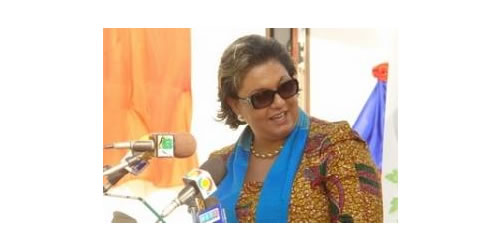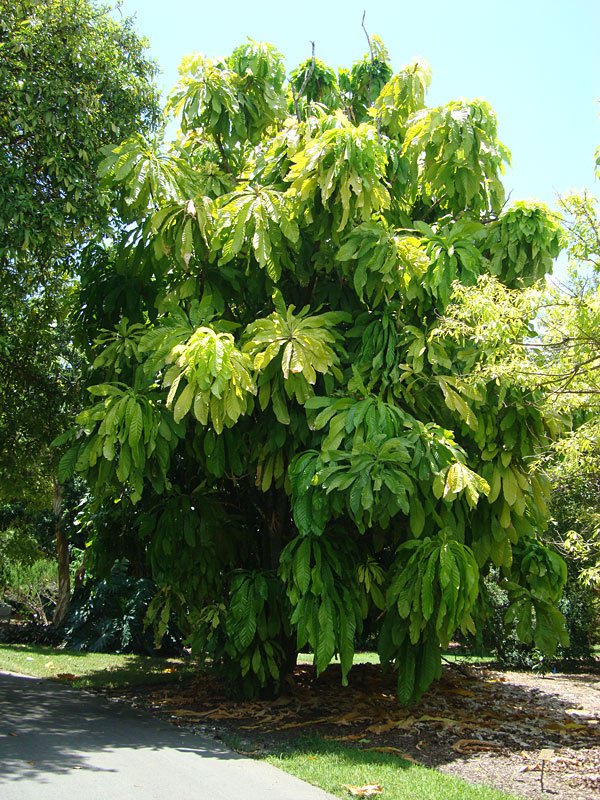Ghana urges developing countries to prioritize climate change mitigation

Ms Hanna Serwaa Tetteh, Minister of Foreign Affairs and Regional Integration, has urged developing countries to prioritize climate change mitigation and adaptation issues in line with their development initiatives.
She said due to the impact of climate change, rainfall patterns had changed, resulting in low crop yields; stating that the Akosombo Dam in Ghana had not been able to receive water to its maximum capacity over the last three years.
She observed this had led the country to encounter its ongoing energy crisis.
Ms Tetteh made the remark in her address on Wednesday in Accra at a Pre-Conference of Parties 21 (COP21) to the United Nations Framework Convention on Climate Change (UNFCCC).
The COP21, also known as the 2015 Paris Climate Conference will be held in Paris in December, for the first time in over 20 years of UN negotiations, aim to achieve a legally binding and universal agreement on climate, with the aim of keeping global warming below 2°C.
The Pre-COP21 is a follow up on the fifth Climate Change and Population Conference on Africa held at the University of Ghana (UG) from July 29-31, 2015.
The Pre-COP21 event serves as a watershed for the Sustainable Development Goals and the Intended Nationally Determined Contributions (INDCs) using migration as an entry point to demonstrate relevance to climate change adaption solutions.
The Pre-COP21 Climate Change Knowledge and Leadership Festival was organised by the Institute of Statistical, Social and Economic Research (ISSER) under auspices of the International Development Research Centre (IDRC), Canada, in collaboration with stakeholders such as the Institute of Environment and Sanitation Studies, the Regional Institute for Population Studies and the Climate Change Working Group; all of the University of Ghana.
Ms Tetteh said the issue of climate change should not be only a matter for government, but it should be a matter for the public especially the academic community.
She urged research institutions to pass the benefits of the findings to government for the good of the public.
The Minister noted that there was the need for research institutions such as ISSER to play critical roles in policy formulation, implementation, monitoring and evaluation processes in order to be able to effect any meaningful change.
She said globally changes in the climate system could be attributed to the greenhouse gas emission, which research shows was the result of human activities.
She said over the years, stakeholder had tried to across the world to be able have discussions on how to deal with effect of climate change within the context of the United Nations Framework Convention on Climate Change; which came into force on March 1, 1994.
Ms Tetteh recounted that right from the UN Framework to the Kyoto Protocol and now the COP21; which gives opportunities to individual nations to come out with their own strategy plan of reducing climate change.
Mr Mahama Ayariga, Minister for Environment, Science, Technology and Innovation, in a speech read on his behalf by Mr Fredua Agyeman, Director of Environment of the Ministry, said “climate change is an all-encompassing threat that is happening now, destroying livelihoods and costing lives. It affects every country, every community and every citizen.”
He said government was fully aware of the indispensable risk and opportunities climate change pose to realizing the long-term development objectives of the country and was willing to tackle it head-on.
He urged stakeholders to buy into government’s vision and align programmes in the key priority areas that had been identified in the INDCs for the country.
Mr Francois Pujolas, the French Ambassador to Ghana, called for efforts to ensure that all climate change agreements becomes legally binding.
Dr Michele Leone, the Programme Specialist, IDRC, Canada, assure the UG of his institutions continued support in the area of climate change in the coming years.
Professor Samuel Agyei Mensah, the Provost College of Humanities, UG, who chaired the function; said global warning with its negative consequences is a threat to humanity.
Source: GNA




